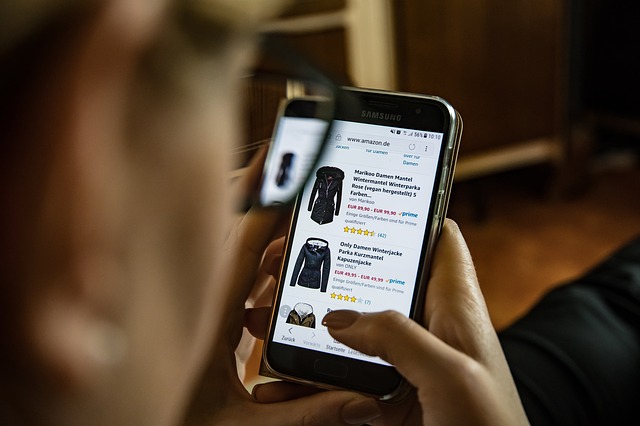The advent of smartphones has fundamentally changed how consumers shop, giving rise to a channel agnostic generation of consumers challenging traditional marketers. This new consumer is driving a secular growth in brand commerce, a radical convergence of channels where brands are in charge and retailers face unprecedented challenges in their business model. However, thanks to technological advances that provide real business applications, today’s marketer is well positioned to serve the new consumer.
The changing landscape of brands and retail
Today, that a brand can erect an offline popup store and drive traffic via an online influencer in a matter of weeks flies in the face of traditional retail model. Brands who comfortably employ this strategy are likely digital native challengers, and they are the ones experiencing exponential growth. Driven by their aggressive adoption of eCommerce and agile sourcing or manufacturing of product, coupled with a high affinity for a social cause and community following, they are paving way for new physical stores backed by data science, customer density and demand in a climate where retailers are shuttering physical stores by the thousands. Challenger brands like UNTUCKit and Adore Me are collectively opening over 400 physical stores in response to strong demand for an exclusive brand and commerce experience.
Brand commerce commands a larger share of consumer spending, a study published by Deloitte gives context to the growth in this sector by highlighting a bifurcation between the high- and low-end retailers as driven by consumer economics. Between 2007 and 2015 virtually all income growth has funneled to the top 20 percent of consumers, essentially killing the “balanced” retailers (those in the middle), rapidly losing market share, filing Chapter 11 and closing stores. Meanwhile, high-end retailers have seen 40x more revenue growth than their balanced counterparts, thanks to their prospering affluent consumer base (19% of whom are millennials and adept customers of digitally oriented Brand Commerce). On the flip side, faced with stagnating income levels, lower-earning consumers prioritize their spend on the absolute essentials, flocking to price conscious shopping options.
The rise of artificial intelligence marketing technology
As consumer experience continues to evolve, brand marketers are increasingly faced with new challenges. Luckily, marketing technology has grown leaps and bounds with advent of marketing automation and artificial intelligence. Technology has helped marketers acquire and retain new customers with tactics like marketing automation, content marketing, customer relationship management and personalization. In the case of Adore Me, a lingerie startup, adopting artificial intelligence allows for previously unscalable solutions like highlighting actionable consumer insights from millions of unstructured of reviews text in real-time. Further integrations into the commerce technology ecosystem will greatly enhance the value of artificial intelligence solutions.
No longer a point solution, brand commerce technology of the future will need to integrate and speak to systems across across ecosystems like Marketing, Sales, Customer Service and Operations. The modern marketer will demand a single view of the customer from connected platforms. A world class marketing organization will employ technology like artificial intelligence and connect cross-functional ecosystems to efficiently route customer data and automatically take action on behalf of the connected and satisfied consumer.
The future is brand commerce and thanks to technology advances that provide real business applications, today’s marketer is well positioned to serve the new brand consumer.
As VP of New Business, Raj oversees Go To Market strategy for Yotpo, a leading user generated content platform in New York.
